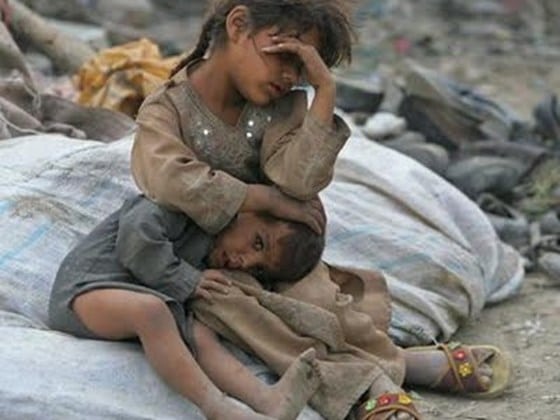Over at The Intercept, journalist Glenn Greenwald has written a powerful and insightful examination of how media provides Americans with many details regarding the deaths and suffering caused by terrorist attacks in “western” nations but shields Americans from anywhere near the coverage of victims of the United States and cooperating governments’ attacks in other countries, including the US government’s “hideous civilian-slaughtering strikes in Yemen, Pakistan, Afghanistan, Syria, Somalia, Libya, and Iraq.”
Greenwald then takes the extra step in the article to discuss the issue of blowback — in particular, that terrorist attacks can be a means of retaliation against attacks by the western nations. But, the media rarely addresses this fact. Instead, Greenwald notes, the media mainly ensures Americans are “constantly bombarded with images and stories and dramatic narratives highlighting our own side’s victims, while the victims of our side’s violence are rendered invisible.” This perpetuation by the media of “self-pleasing and tribal-affirming — but utterly false — narratives,” Greenwald charges, “is the very definition of propaganda.”
And the media’s propagandistic coverage of the wars and the blowback from those wars is dangerous because it means Americans are not receiving the information they need in order to determine whether it would be best to end the ongoing violent foreign interventions and not to start new ones. Greenwald explains:
The ultimate media taboo is self-examination: the question of whether there are actions we take that exacerbate the problem we say we are trying to resolve. Such a process would not dilute the evil of ISIS’s civilian-targeting violence, but it would enable a more honest and complete understanding of the role Western governments’ policies play and the inevitable costs they entail. Perhaps those costs are worth enduring, but that question can only be rationally answered if the costs are openly discussed.
Read Greenwald’s entire article here.


